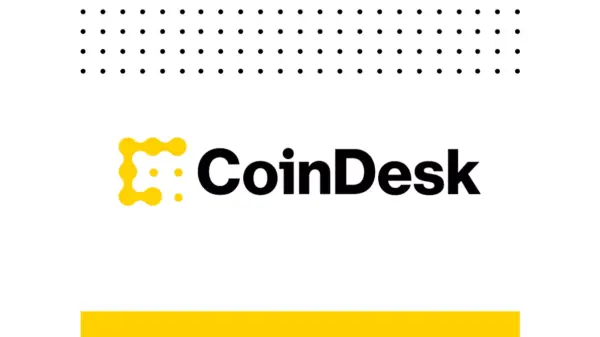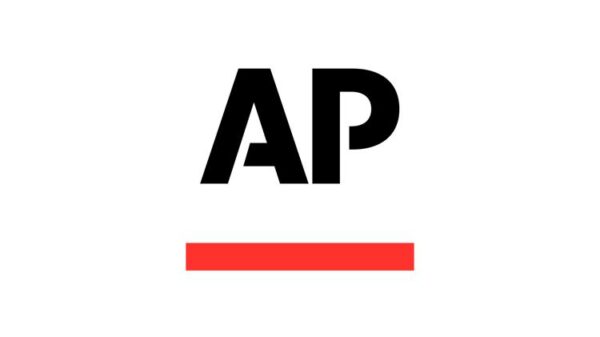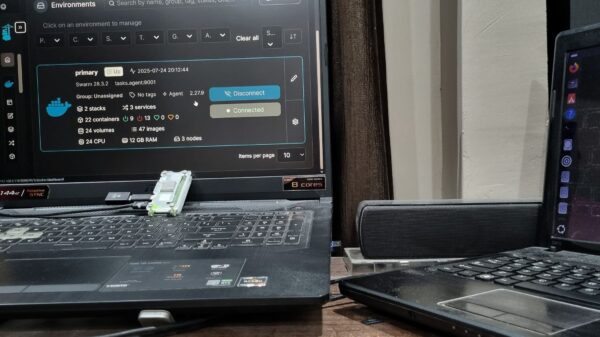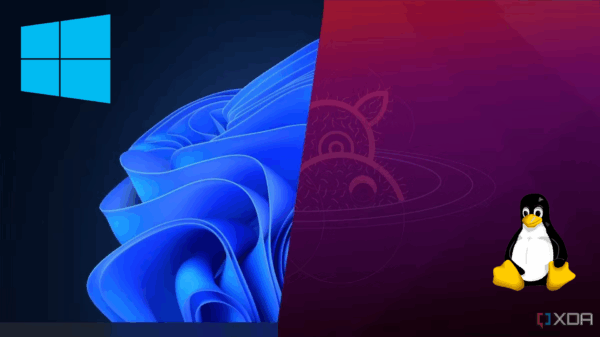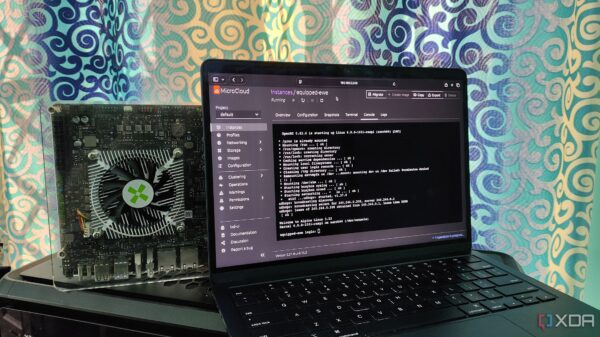URGENT UPDATE: Microsoft has just announced its commitment to developers following a wave of negative feedback regarding its plans for an “agentic” operating system. The tech giant reassured stakeholders that it “cares deeply about developers” as it pivots to integrate artificial intelligence into Windows, which aims to enhance user productivity and security.
The term “agentic” refers to AI systems capable of performing tasks autonomously, minimizing the need for user intervention. Microsoft’s push towards this direction involves “connecting devices, cloud, and AI to unlock intelligent productivity and secure work anywhere,” according to a statement released by the company earlier today.
Developer communities have expressed significant concern over these changes, fearing that such automation could undermine user control and lead to privacy issues. Microsoft’s swift acknowledgment of this backlash appears to be an attempt to regain trust and clarify its vision for the future of Windows.
As this situation develops, industry experts are urging Microsoft to prioritize transparency and user input in the evolution of its software. The Windows platform has historically been a staple for developers, and any shift towards an AI-driven model will require careful navigation to ensure it aligns with their needs and expectations.
Microsoft’s latest strategy is part of a broader trend in the tech industry, where companies are increasingly adopting AI to boost efficiency and streamline operations. However, the balance between innovation and user autonomy remains a pivotal concern that Microsoft must address.
What happens next? As Microsoft works to refine its approach, developers and users alike are encouraged to stay engaged in discussions about the future of the Windows operating system. With this urgent feedback loop in place, Microsoft could potentially reshape its strategy to foster a more collaborative environment.
Stay tuned for more updates on this developing story as Microsoft navigates the challenges of integrating AI into its flagship product while maintaining developer trust.
















